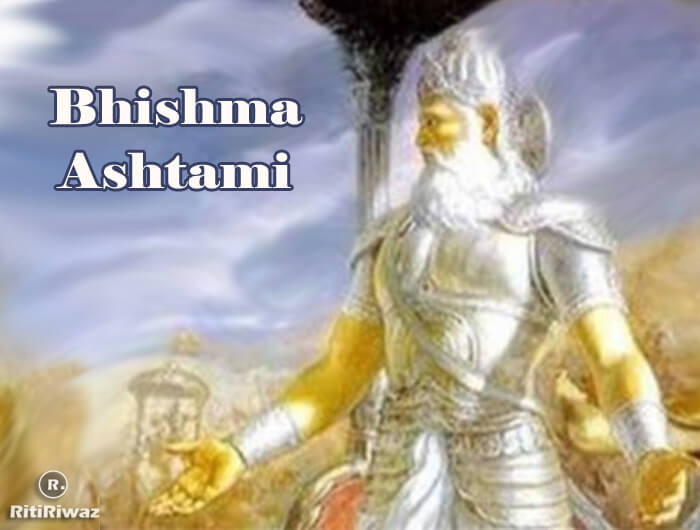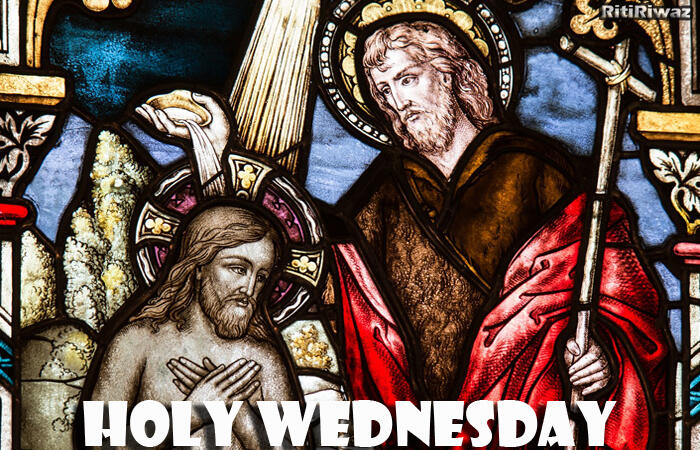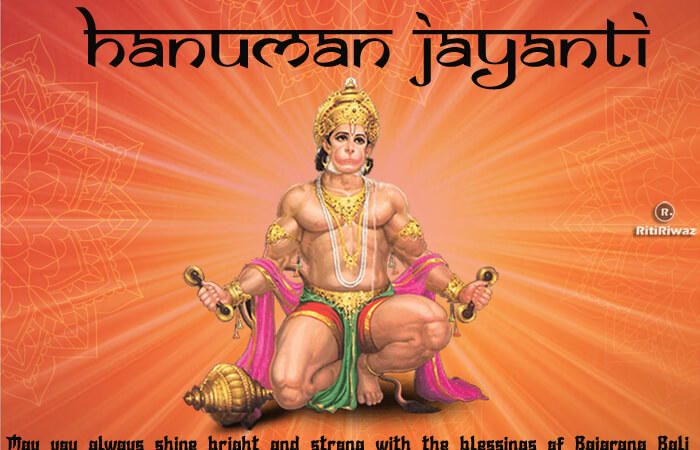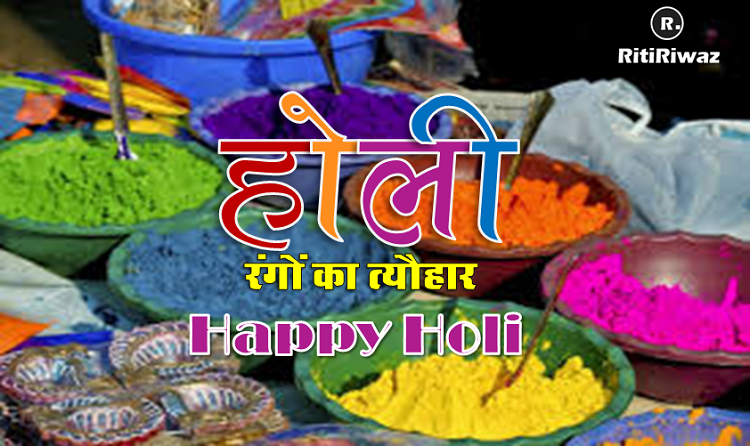Bhishma Ashtami

Bhishma Ashtami is observed on the 8th day of the Shukla Paksha (bright fortnight of the moon) of the month of Magha. According to Hindu mythology, Bhishma left his body on the Ashtami tithi of Shukla Paksha in the month of Magha.
The anniversary of the death of Bhishma Pitamah is celebrated during this time when Lord Surya started moving north after completing six months of Dakshinayana. It corresponds to January–February of the Georgian calendar.
In 2025 Bhishma Ashtami will be observed on Wednesday, 5th February.
Legend
A legend is famous about Bhishma Pitamah. According to this legend, Shantanu’s wife Ganga gave birth to a son named, Devvrat. She left Shantanu after giving birth to this child. Shantanu was depressed because of this for a long time. After some time, Shantanu wanted to cross the river Ganga and sat in a boat. The boat belonged to a girl named, Matsyagandha.
Matsyagandha was later famous by the name, Satyawati. Shantanu was spellbound by the girl’s beauty and asked for her father’s permission to marry her. Satyawati’s father had one condition. It was that her son would be Shantanu’s successor to the throne.
Shantanu did not accept this condition but was disturbed. Seeing his father disturbed, Devvrat swore not to marry a girl his whole life. Listening to this, Shantanu blessed him with a boon that allowed him to accept death on his terms. Due to this, Devvrat came to be known as Bhishma Pitama.
Bhishma Pitamah has a special place in Mahabharata. Bhishmacharyas are the acharyas who gave the name Vishnu Sahasra to this creation. Bhisma Pitamaha had got a boon from his father, Shantanu, that he will only die when he wishes. Bhishma Pitamah was a warrior who sacrificed his life waiting for Uttarayana.
Bhishma Pitamah was injured during the Mahabharata war, then he waited for the sun to rise and then sacrificed his life on the Ashtami date of Shukla Paksha in the month of Magh. After the 18-day war in Mahabharat, it is believed that Bhisma chose the ashtami day on the Shukla Paksha of Magh month to leave his body and merge with the Supreme Soul. This happened during the Uttarayana period the daytime of Devas.
Bhishmashtami is the day when Uttarayana enters Makara Sankranti when the sun changes its path and stops till Rathasaptami, and after completion of Ratha Saptami, on the Ashtami of Magha month Sukla Paksha, the day is decided to unite with the Supreme.
Significance
Vedic scholars say that Bhishma Pitamaha got salvation on this day. That is why ‘Bhishmashtami’ is celebrated today to commemorate Bhishma Pitamahu. Devotees believe that offering Tarpanam to Bhishma on this auspicious day will bring great merit and the childless will be blessed with children.
It is stated in the Mahabharata. “Shuklashtamyan tu maghasya dadyad bhishmay yo jalam, samvatsarkrit papam tatkshnadeva nashyati, samvatsarkrit papam tatkshnadeva nashyati”.
Rituals
All rituals and prayers on the day are dedicated to Bhishma and their forefathers. On this day devotees take bath early in the morning, perform the pooja and observe the fast from sunrise to sunset. Being the ‘Pitamaha’ of all, in honor and to pacify his soul, all the devotees come together and make religious offerings of Ganga-water, to his spirit. Performing Annadanam (food donation), feeding animals, and donating clothes and study materials earn merits.
According to Hindu belief, on the day of Bhishma Ashtami, a person should offer a tarpan to Bhishma Pitamah by taking kush, sesame seeds, and water. People observe Bhishma Ashtami fast on this day and take food only after performing Parana the next day. It is said that by observing this fast, a virtuous and beautiful child is born. At the same time, by offering to Bhishma Pitamah, all kinds of sins are eradicated and Pitridosh also goes away.
These rituals compensate for the sins of the whole year. This offering is given to the childless hero Bhishma of the race of Vyaghrapada. Then people pray saying, “May Bhishma, the son of Santanu, the speaker of truth and defeater of his passions, obtain by this water the oblations due by sons and grandsons.”
On this day, if possible, take a bath in a holy river or lake in the morning. If you are unable to do this, then take a bath at home by chanting the mantra.
Suggested Read: Uttarayan and Dakshinayan Explained






